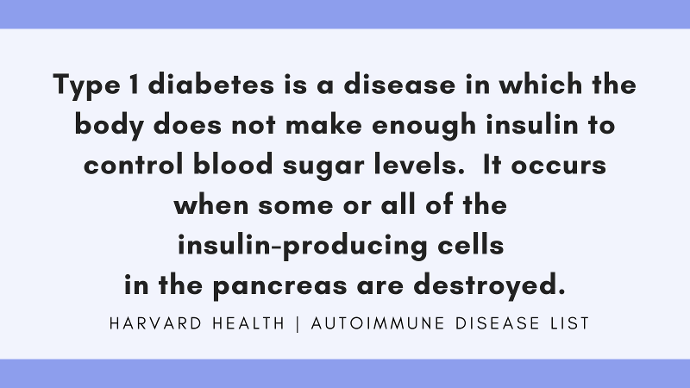B
- Behcet's syndrome with inflammation of blood vessels throughout the body has symptoms of swelling, redness, heat, and pain. Symptoms differ but can include mouth and genital ulcers, eye inflammation and skin problems. It can involve the intestines, heart and central nervous system. ABDA Johns Hopkins Vasculitis Center
- Bullus pemphigoid causes itchy red irregular shaped skin eruptions that result in scarring. Sometimes the mucous membranes are involved. IPPF MedicineNet
C
- Celiac disease responds to dietary proteins found in wheat, rye, and barley This leads to inflammation of small intestine and can cause diarrhea, constipation, anemia, fatigue, weakness, bone pain, and muscle cramps. Celiac Disease Foundation Gluten Intolerance Group National Digestive Diseases: Celiac Awareness Campaign
- Cogan's Syndrome has inflammation of the eye and ear with dizziness, tinnutis, headache, fever and joint pain. Cogan's Contact Network American Hearing Research Foundation
- Churg-Strauss Syndrome (CSS) or Allergic Granulomatosis Angiitis is inflammation of blood vessels increasing the white blood cells with late onset asthma then weight loss, fever, and night sweats CSS Association John Hopkins Vasculitis Center Mayo Clinic
- Chronic bullous disease of childhood DermAtlas NHS Foundation Trust
- Chronic inflammatory demyelinating Polyradiculoneuropathy (CIDP) causes swelling and destruction of myelin sheath over the nerves. Symptoms -weakness, paralysis, and/or impairment of movement in arms and legs. Sometimes numbness, tingling, and burning sensations on both sides of the body. CIDP Home
- Cicatricial pemphigoid (CP) also called Mucous Membrane Pemphigoid small blisters or erosions on any mucous membrane including the nose, mouth, eyes (OCP), esophagus, larynx, urethra and anus. IPPF
- Central Nervous System Vasculitis inflames the blood vessels in the brain and spinal cord with symptom's including headaches. Can have sudden onset or be a waxing and waning condition Cleveland Clinic CNSV Foundation
- Crohn's Disease - bowel disease with persistent inflammation of the lining or wall of the gastrointestinal tract. Major symptoms include abdominal pain and diarrhea. Healthline NIDDK
- Cryoglobulinemia a form of vasculitis which an immune response to chronic hepatitis C infection John Hopkins Cetnter for Vasculitis
D
- Dermatitis herpetiformis (DH) has itchy bumps and blisters on the scalp, buttocks, elbows and knees of people with coeliac disease. NFCA MedlinePlus
- Dermatomyositis has rash on face, neck, shoulders, upper chest, elbows, knees, knuckles, back and progressive muscle weakness particularly in the muscles closest to the trunk Myositis TMA
- Discoid lupus erythematosus (DLE) in which round red lumps appear on the skin eMedicine DermNet NZ
- Diabetes Mellitus Type 1 or Type 1 diabetes happens most often in children and young adults but can appear at any age. Symptoms may include, being very thirsty, urinating often, feeling very hungry or tired, losing weight without trying, having sores that heal slowly, having dry, itchy skin, losing the feeling in your feet or having tingling in your feet, and having blurry eyesight. The Autoimmune Association Harvard Health

The information on this site is not meant for diagnosis of a disease - please see your health care professional with your medical concerns.
Make a free website with Yola